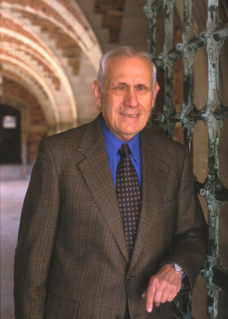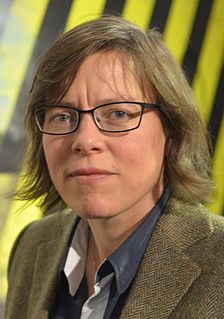A Quote by Voltaire
This agglomeration which was called and which still calls itself the Holy Roman Empire was neither holy, nor Roman, nor an empire.
Related Quotes
Obama, who is becoming more and more preacher-like, wants to be the Punisher-in-Chi ef of the Western World, the Avenger-in-Chie f. There is something oddly Roman about him. ... The lesser races must be civilized and they must be punished... Everyone outside the Roman Empire was called a barbarian. Everyone outside Obama’s empire is called a terrorist.
The history of the Roman Empire is also the history of the uprising of the Empire of the Masses, who absorb and annul the directing minorities and put themselves in their place. Then, also, is produced the phenomenon of agglomeration, of "the full." For that reason, as Spengler has very well observed, it was necessary, just as in our day, to construct enormous buildings. The epoch of the masses is the epoch of the colossal.





































